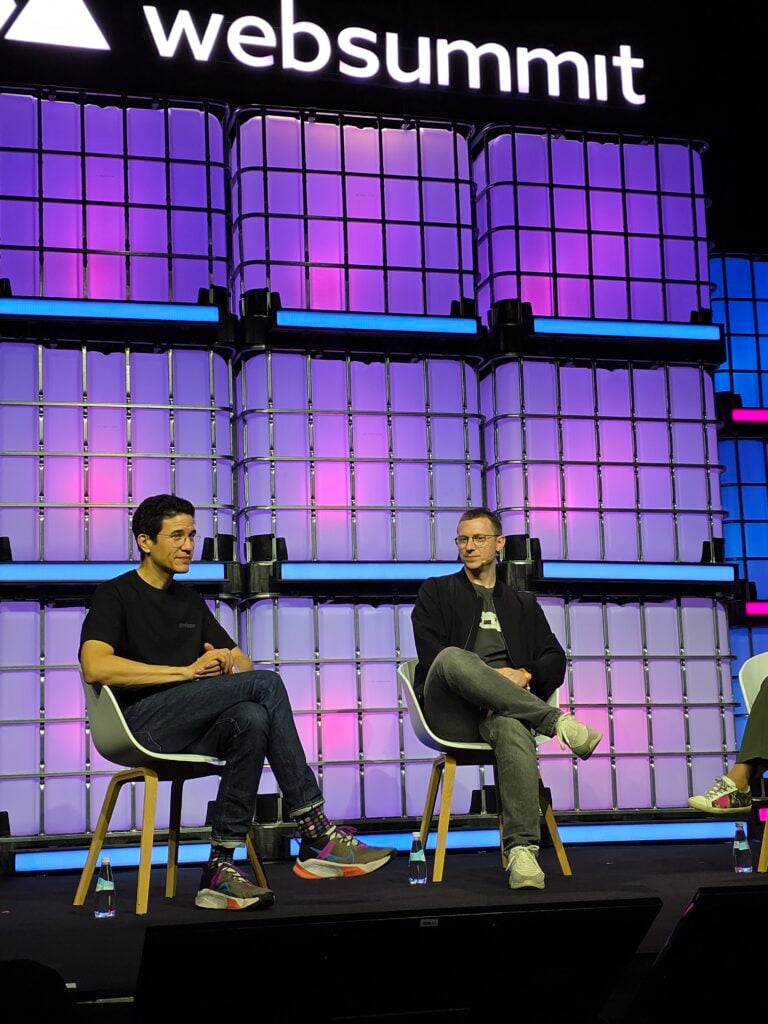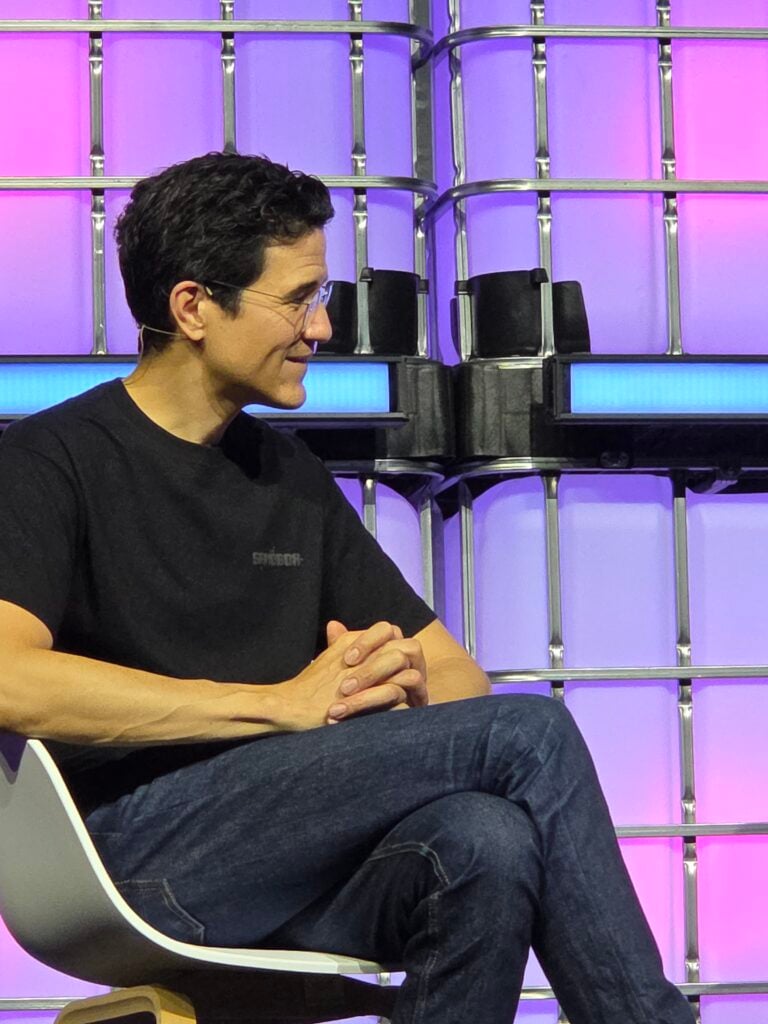During a panel at the Web Summit in Lisbon, dedicated to the creator economy and the future of digital, Robby Yung, CEO of investments at Animoca Brands, and Rob Whitehead, founder and CEO of MSquared, shared their vision on how blockchain, gaming, and digital ownership are reshaping the way value is created and distributed online.

Web3 as the Engine of the Creator Economy
According to Yung, the true potential of Web3 lies in its ability to enable the creator economy:
“Creators can take many forms — from artists to 3D world designers to financial service programmers — but what unites them is the importance of digital ownership.”
Through tokenization, it is possible to protect intellectual property, monetize creations, and distribute revenues and royalties transparently.
According to Yung, blockchain provides “a wonderful infrastructure to ensure that the rights and value of digital works remain with the legitimate creators.”
From the Limits of Web2 to the Vision of an Open Metaverse
Rob Whitehead shared his personal experience, which began with Second Life, the pioneering platform of virtual worlds:
“I was 14 years old and I was building digital objects and gadgets. At the time, I could take home 95% of what I earned. Today, on platforms like Roblox, creators retain only 20%.”
A model that, according to Whitehead, demonstrates the limitations of Web2, where “content is defined in a proprietary manner and cannot be freely transferred between different worlds.”
It is from this reflection that MSquared is born, an infrastructure for an open and interoperable metaverse, based on shared standards for objects, assets, and avatars.
“We want to enable people to truly own what they create and use it anywhere — not just within walled gardens,” stated Whitehead.

Redistributing Value: Lower Fees, More Freedom
The theme of value redistribution was also central for Yung:
“One of the main issues with Web2 is that the take rates — the fees retained by platforms — are too high.
Thanks to Web3, we can drastically lower them, as the decentralized infrastructure reduces transaction and payment costs. This way, more money can return to the creators.”
An approach that leads to a democratization of value: more creators can emerge, regardless of their technical level.
“You don’t need to be a professional developer to create — just like in Minecraft or Fortnite, even those who combine existing elements can generate something new,” added Whitehead.
Initiatives to Make Web3 Accessible
Yung then mentioned MASH, one of Animoca Brands‘ initiatives to make Web3 infrastructure more accessible and promote new monetization models for digital content.
Conclusion: Towards an Open and Collaborative Ecosystem
In summary, for both speakers, the convergence between blockchain and virtual worlds represents a cultural turning point: from a centralized and closed economy to an open, collaborative ecosystem truly owned by the creators.